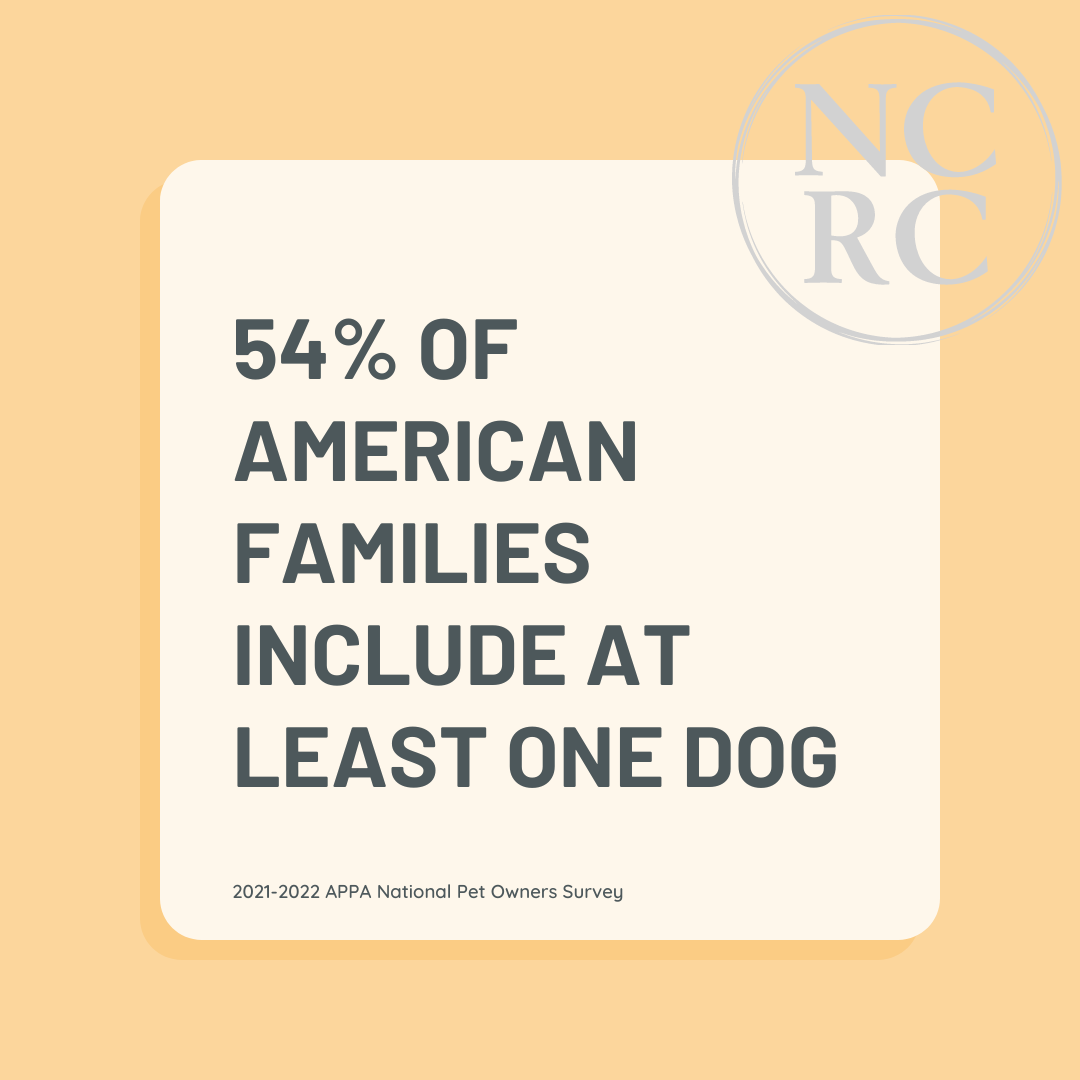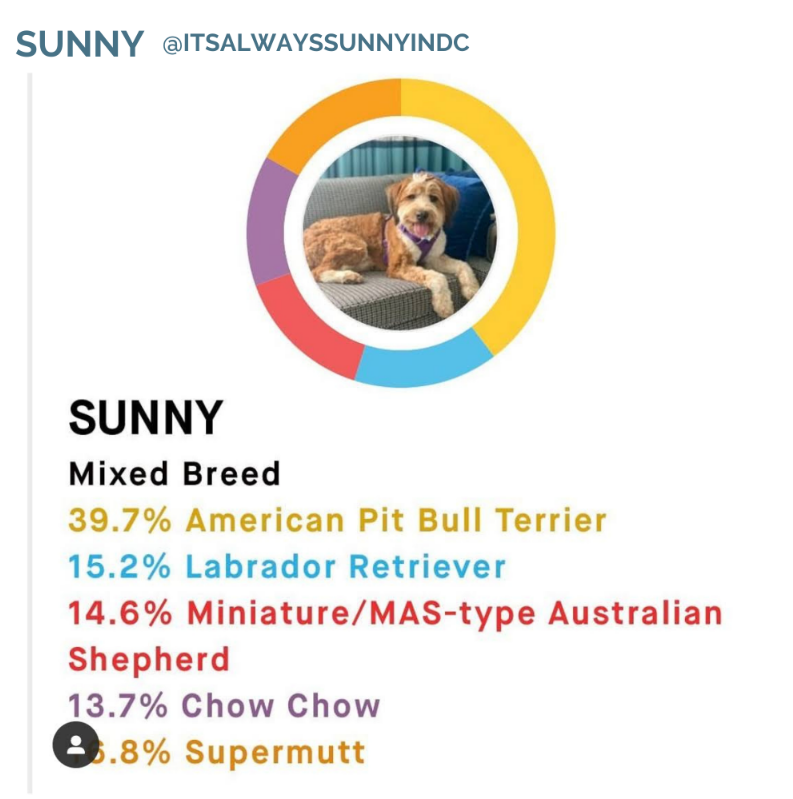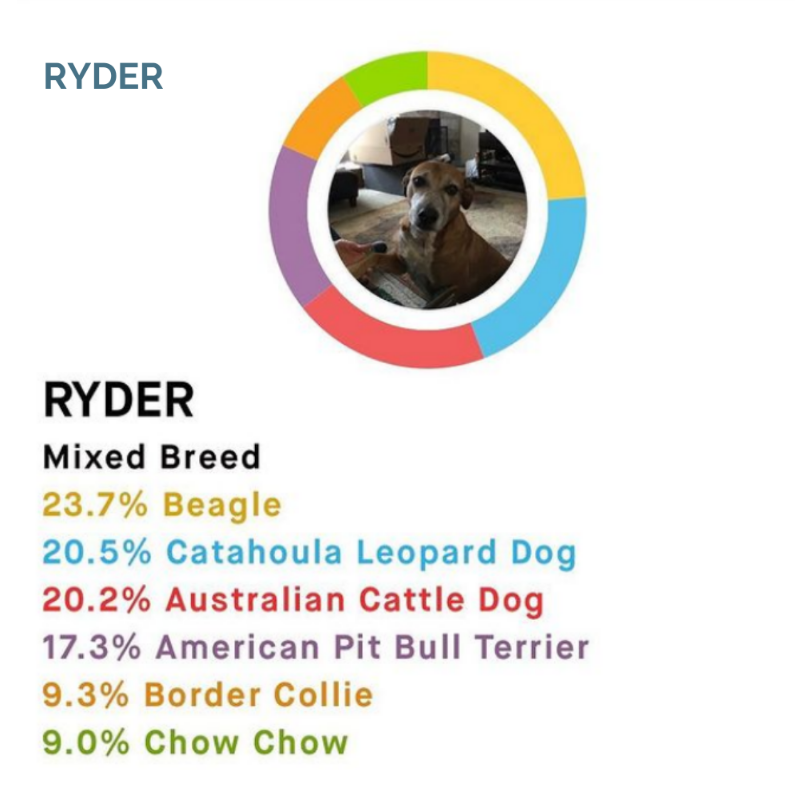
Nicole Juchem
Manager of Operations and Public Policy
This story is not unique, it underscores the ever-changing dynamic of the human-canine relationship. According to 2021-2022 APPA National Pet Owners Survey 54% of American families include at least one dog. Dogs have gone from the backyard, to the couch, to the bed.

Dog owners are budgeting more money for the care and well-being of their dogs than ever before. This data and related research show the continued rise in the sense of connection that we feel for our canine companions.
The importance of canine companionship in our lives was reinforced by the number of photos members gleefully presented me with. I found myself wondering if our booth hadn’t become a little oasis in a desert of otherwise dry insurance-driven information…a thought further reinforced by the absence of excitement happening at the accuracy table to our left. All joking aside, it was satisfying to find common ground with so many people who see breed restrictions as detrimental and ineffective and who believe that all dogs are individuals.
Many of my discussions were focused around a study from the Broad Institute of MIT and Harvard where canine geneticists reported that breed is not a reliable predictor of an individual dog’s behavior; and that behaviors commonly labeled as “aggression,” differentiated not at all between breeds. They were simply of no use in predicting behavior in individual dogs. In addition, even attendees who preferred and had owned one type of breed their entire lives couldn’t agree more with this study’s findings. They recounted how their dogs throughout the years. while the same breed, had very different personalities.











